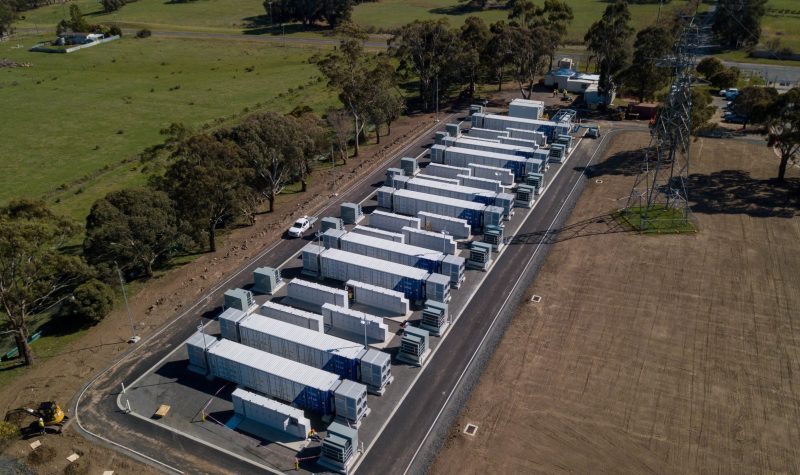Prince Edward County council voted against a large battery energy storage site proposal this week but may consider a small site proposal in near future.
On Tuesday, council deliberated on whether to support two proposed battery energy storage systems (BESS) in the county, after hearing from an energized community response.
The proposals included the larger 250 MW Picton BESS site (on County Road 5 in Sophiasburgh), proposed by Compass Energy Consulting (with support by Capstone Infrastructure Corp), and a smaller pair of 3 MW BESS sites (on County Road 10 in Athol), proposed by Solar Flow-Through Funds and Abundant Solar Energy Inc.
The plans were made after the Ontario’s Independent Electricity System Operator (IESO) called for request for proposals for grid battery storage to support the province's increasing electricity needs.
Comments and delegations from the community, which mostly concerned the larger Picton BESS site, called into question the need for locating such a large battery facility (up to 15 acres, that would provide up to 17 per cent of the province’s requested new capacity) on prime agricultural land. They argued that the land would be irrevocably lost, even after remediation at the end of the project’s lifetime. They also highlighted the risk of thermal runaway because of the project’s lithium-ion technology, which could result in toxic explosive incidents (such as those in Arizona in 2019 and Australia in 2021) and contaminated ground water via the huge volumes of water needed to control the potential blaze.
Community members also called into question Compass’ transparency and detail on the exact components and systems that will be employed at the site, as well as their judgement in selecting a risky technology, which some insurers are beginning to lose appetite for.
Compass President Jonathan Cheszes, who also made a presentation to council, responded that BESS technology is safe, as it has been deployed in Ontario since 2014 without incident, and that the latest safety codes and standards have evolved to address past concerns.
But this was not enough to convince council, as they voted in grand majority to deny their support for the 250 MW Picton BESS project.
As for the smaller Athol BESS project, council decided to defer their decision to the Jan. 25 council meeting in order to obtain an inter-departmental staff opinion on the project, given that it utilizes lithium-phosphate technology and will have a smaller footprint on non-agricultural land.
Sophiasburgh Coun. Bill Roberts, when asked about his rationale for expediting a denial motion in regard to the Picton BESS, had the following to say:
Listen to the full story below:


